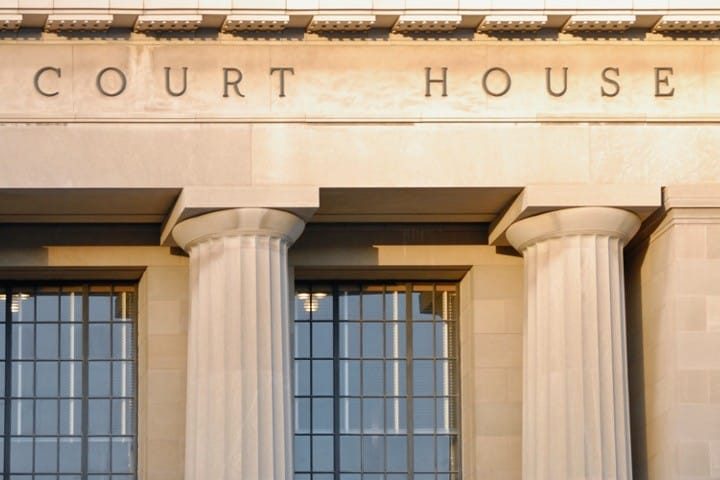
A Christian baker has won her second battle in California courts after being sued for refusing to make a cake for a same-sex “wedding” five years ago.
Kern County Superior Court Judge Eric Bradshaw ruled Friday that the California Department of Fair Employment and Housing (DFEH) violated both the California and U.S. Constitutions in its attempts to punish Cathy Miller, owner of Tastries Bakery in Bakersfield, for turning down business that conflicted with her faith.
Miller’s ordeal began in 2017, when Eileen and Mireya Rodriguez-Del Rio, a lesbian couple, approached her to make a cake for their upcoming nuptials. Miller told them that while she would have been happy to sell them a pre-made blank cake to which they could add their own message, she would not create a custom cake celebrating something she believed was contrary to the teachings of the Bible. However, she did offer to forward their request to another bakery that would have gladly fulfilled it.
According to the Thomas More Society, which defended Miller in court:
The couple blasted their encounter on social media, characterizing it as discrimination on the basis of sexual orientation, and filed a complaint with [the DFEH].
The local Bakersfield media quickly discovered the online posts and began a media firestorm. In response, Tastries Bakery and Cathy received thousands of items of hate mail, including threats of violence and gay pornography. The bakery’s phone lines also rang off the hook, with hundreds of callers accusing them of bigotry.
“I had seven employees in two weeks quit because they couldn’t handle it,” Miller said. “I can’t even go into how bad it has been, horrible to the point where I can only allow certain people to open our emails. My daughter refused to let me see our social media which was so hateful.”
The DFEH petitioned the courts to order Miller either to make cakes for same-sex “weddings” or to cease making wedding cakes altogether. In 2018, Judge David Lampe rejected their request on the grounds that it violated the First Amendment’s free-speech clause by requiring Miller to endorse a message with which she disagrees.
Undaunted, the DFEH, on behalf of the Rodriguez-Del Rios, filed a civil lawsuit eight months later, alleging that Miller had violated California’s anti-discrimination law. That case finally went to trial in July after years of discovery, including at least one deposition in which a state attorney grilled Miller over the sincerity of her Christian beliefs.
When the suit reached Bradshaw’s courtroom, it was dealt a seemingly decisive blow. Miller, he wrote, did not discriminate against the plaintiffs because they were lesbians — he noted that she even employs “persons with same-sex orientations” — but because they had asked her to do something “at odds with her faith.”
“DFEH’s argument seems to take issue with what Miller believes the Bible teaches regarding marriage, even though DFEH concedes she sincerely does believe it,” observed Bradshaw (emphasis in original).
Bradshaw made much of DFEH’s clear indifference, if not hostility, toward Miller’s faith. He pointed out that the agency was not only seeking “punitive fines” against her but also giving her the Hobson’s choice of either producing same-sex wedding cakes, thereby violating her conscience, or, essentially, closing up shop. Alternatively, the DFEH suggested she could simply recuse herself from participating in making same-sex wedding cakes — a practical impossibility in a small business, not to mention one that would require her employees to deceive her.
The “blunt force rigidity” of these options, penned Bradshaw, “lacks any sensitivity to the rational, reasonable, sincere religious beliefs the DFEH says it acknowledges.” (Emphasis in original.)
Bradshaw also found the DFEH’s attempt to compel Miller to express a message with which she disagrees to be a violation of the First Amendment.
Miller, of course, was thrilled with the decision. On Facebook, she thanked “Tastries friends and family for [their] support and encouragement,” adding, “I’m hoping that in our community we can grow together, and we should understand that we shouldn’t push any agenda against anyone else.”
The plaintiffs, on the other hand, vowed to appeal Bradshaw’s decision — and why not? With the DFEH doing the litigating, taxpayers are footing the bill for these women’s crusade against liberty and its Author.



